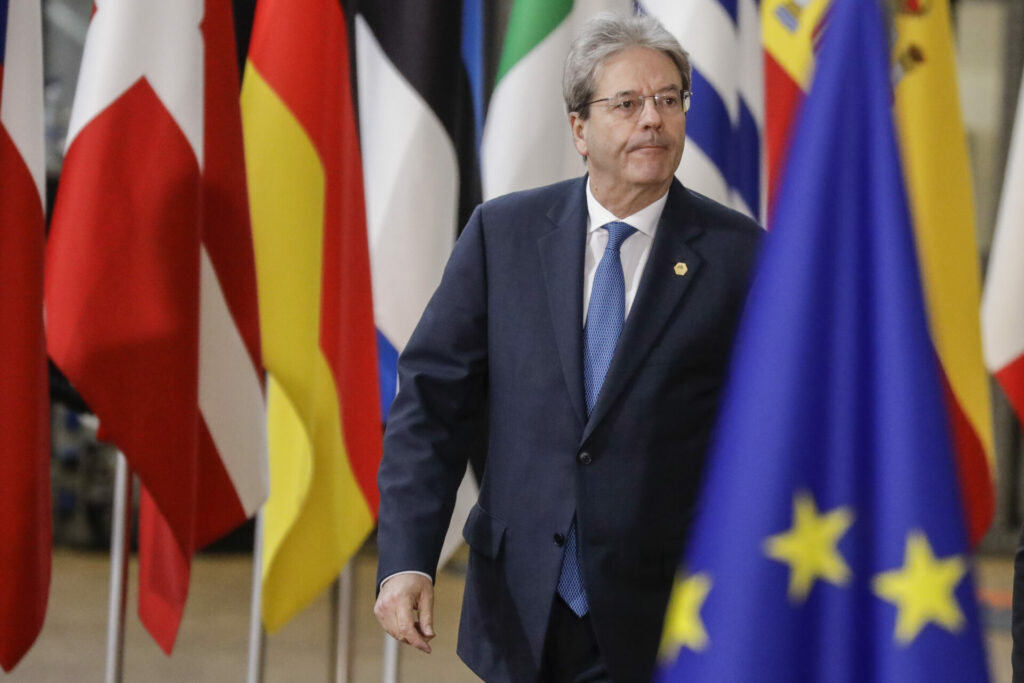The war in Ukraine as well as rising inflation cast a shadow on Europe's economy. On Thursday, a report from the European Commission lowered its growth forecast in Belgium and the rest of the eurozone for 2023.
"Russia's unprovoked invasion of Ukraine continues to send shockwaves through the global economy," said Paolo Gentiloni, Commissioner for Economy. "Moscow's actions are disrupting energy and grain supplies, pushing up prices and weakening confidence," he added.
"In Europe, momentum from the reopening of our economies is set to prop up annual growth in 2022, but for 2023 we have markedly revised down our forecast."
At the start of 2022, the Commission was hoping for a strong economic recovery after two years of the pandemic and lockdowns, but Russia's invasion of Ukraine has dashed these ambitions.
Economic recovery in 2021 means that this year's figures are not too bad, but next year the economy is forecasted to grow significantly less than expected. The Commission expected the GDP of the eurozone to grow by 2.7% in 2022 and 2.3% in 2023 but has had to adjust these expectations to 2.6% in 2022 and just 1.4% in 2023.
Related News
- Recession likely as Euro slumps to new lows
- European Commission urges Belgium to commit more resources to the judiciary
- Euro slumps below one-dollar mark: How did we get here, and what does this mean?
For Belgium, the Commission expected a growth of 2% in 2022 and 1.8% in 2023. The Belgian economy is doing slightly better than expected with 2.3% growth. Moreover, although inflation has reached record highs at 9.4% in 2022, these levels should drop in 2023 to 2.9%.
Uncertain future
Yet even these predictions are uncertain due to the unpredictability of the war in Ukraine and its impact on gas supplies to Europe. If Russia were to turn off the gas tap completely, the economy could plunge into a recession in the second half of 2022 and further worsen economic activity in 2023. Moreover, the risk of a resurgent pandemic weighs on Europe's economic future.
Gentiloni stressed that the economic difficulties stem from the Russian invasion of Ukraine, where the economic consequences will also be felt. Russia's economy has already shrunk by 8% this year following EU sanctions.
Despite of these developments, the Commission now preaches budgetary prudence to reduce high public debt in 2023, setting a different tone for its fiscal plans in 2023 after two years of the pandemic.
"Given high inflation and tighter financing conditions, it is important to strike the right balance between a more prudent fiscal policy and the protection of the most vulnerable," concluded Vice-President Valdis Dombrovskis.

